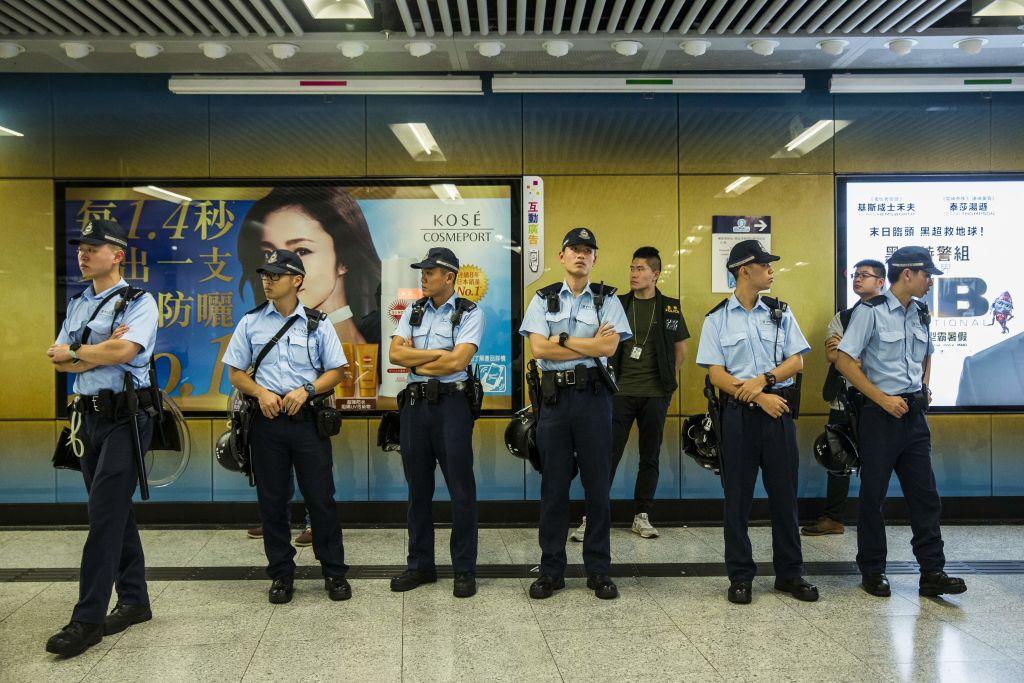Andrew Leung, the pro-Beijing head of Hong Kong’s Legislative Council (LegCo), announced at a press conference on June 11 how the legislative debate on Hong Kong’s controversial extradition bill will proceed.
He called for a final vote to be held June 20, speeding up the typical legislative process.




